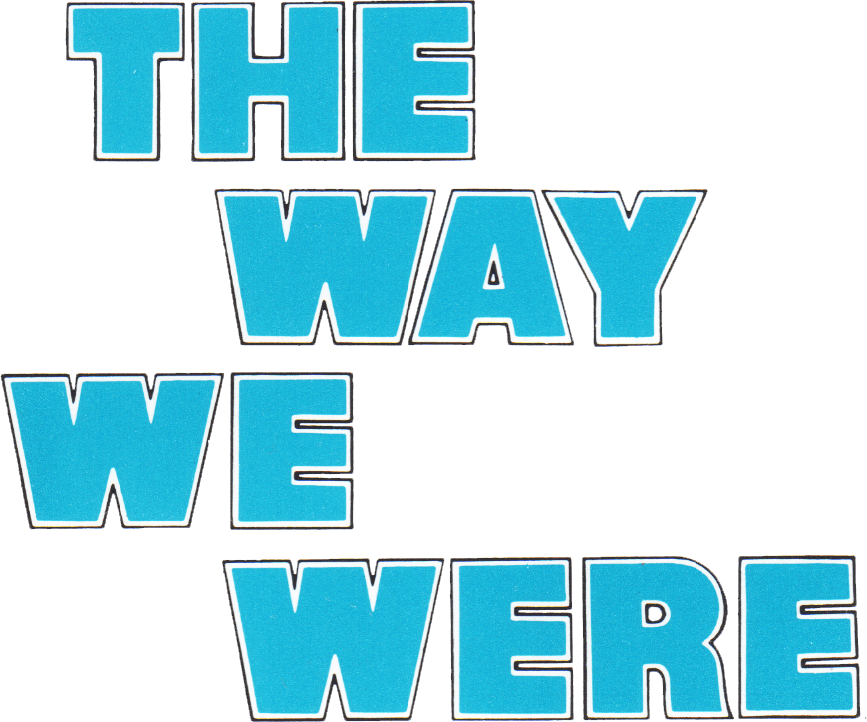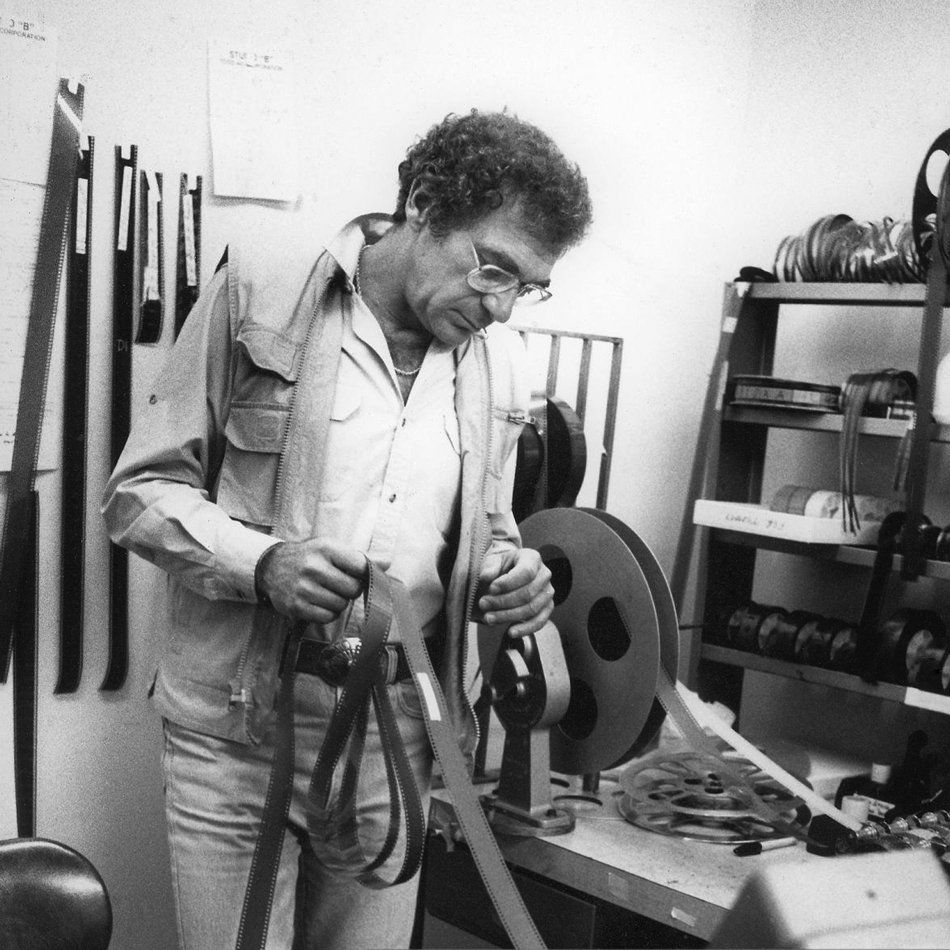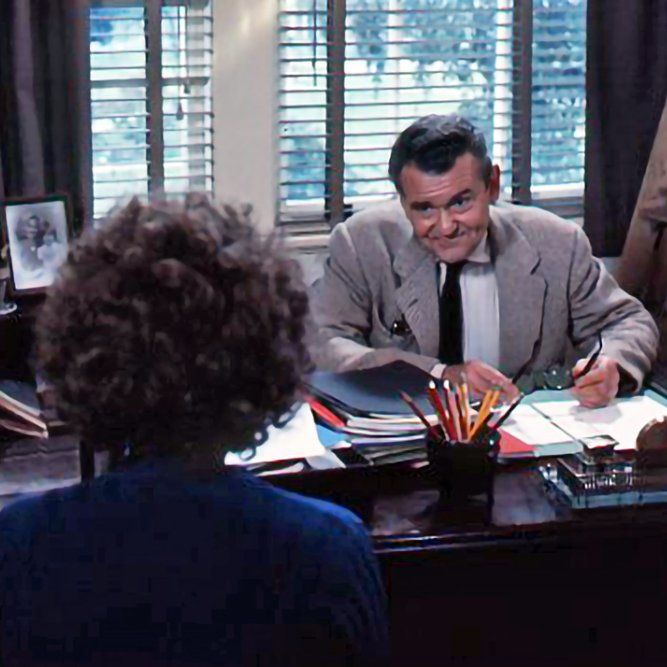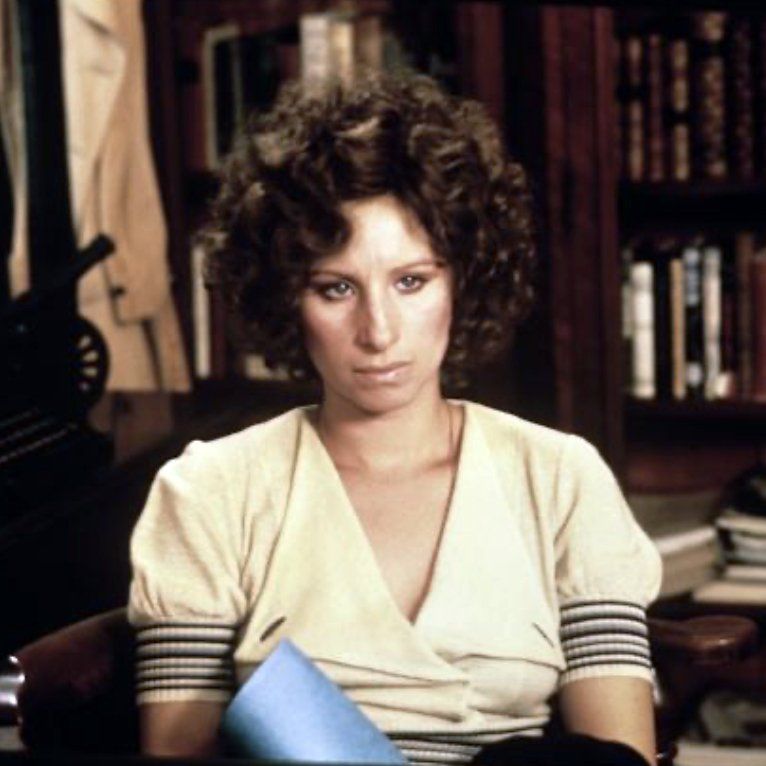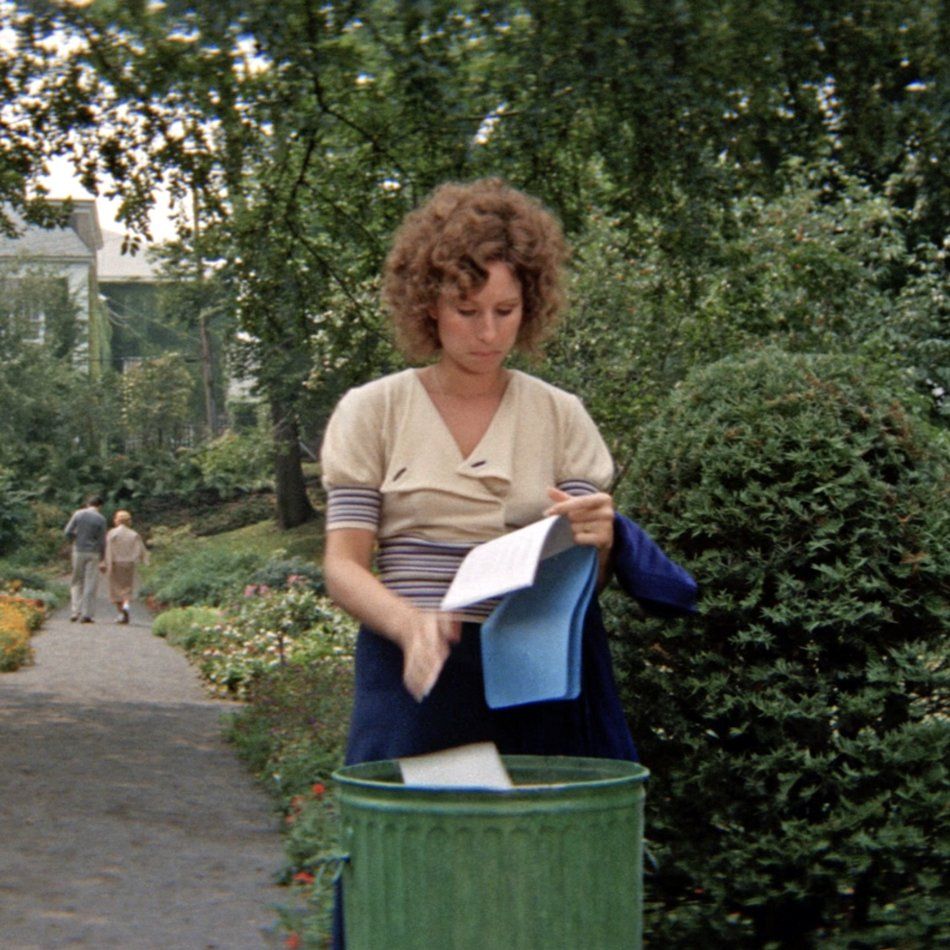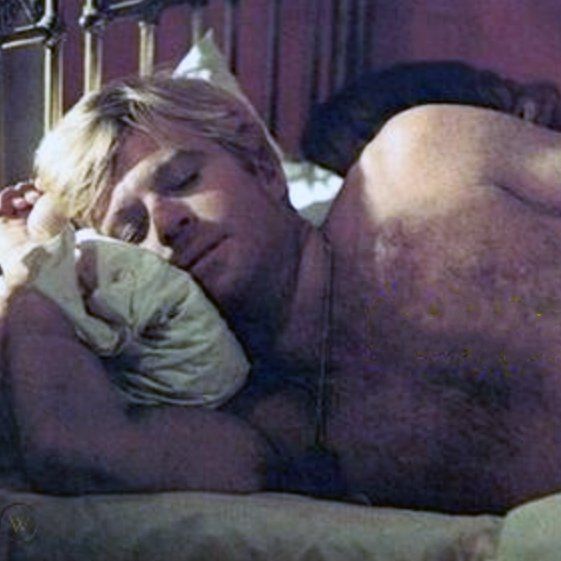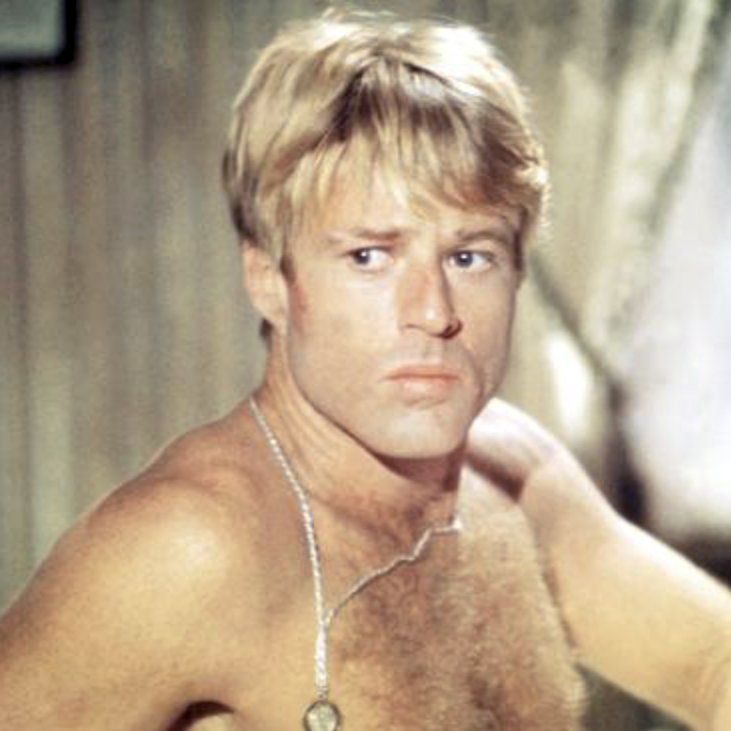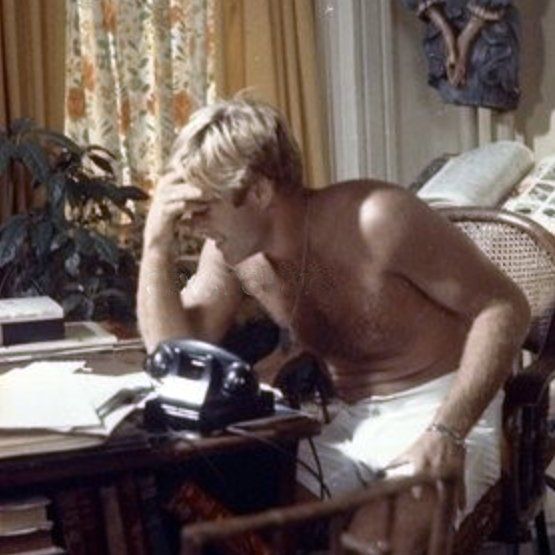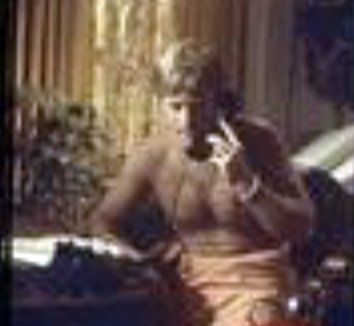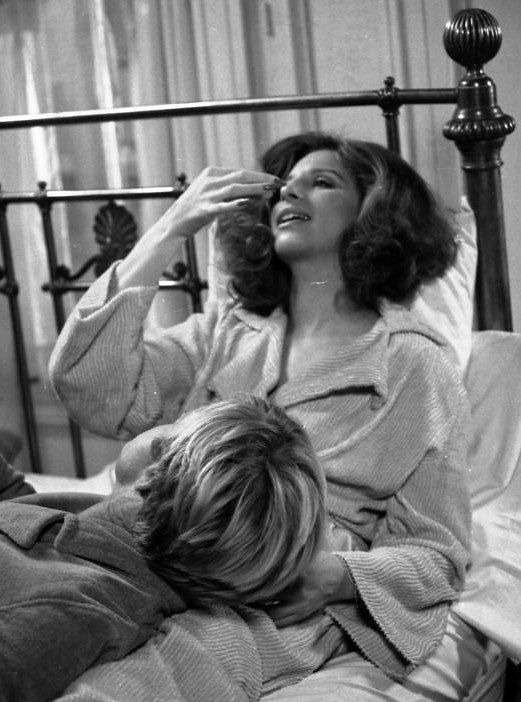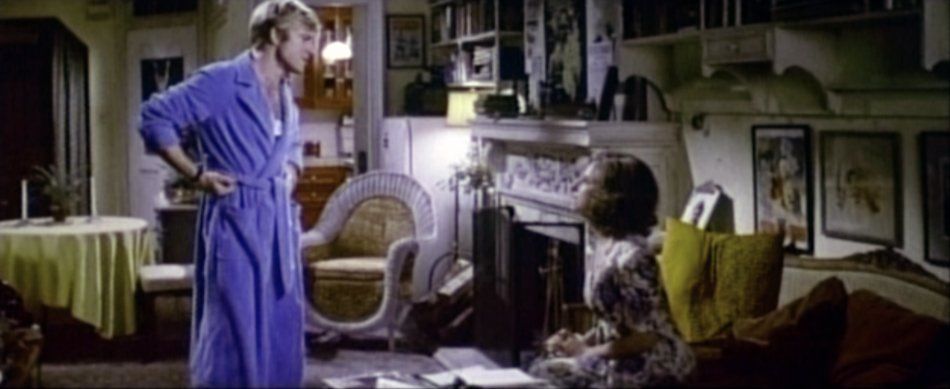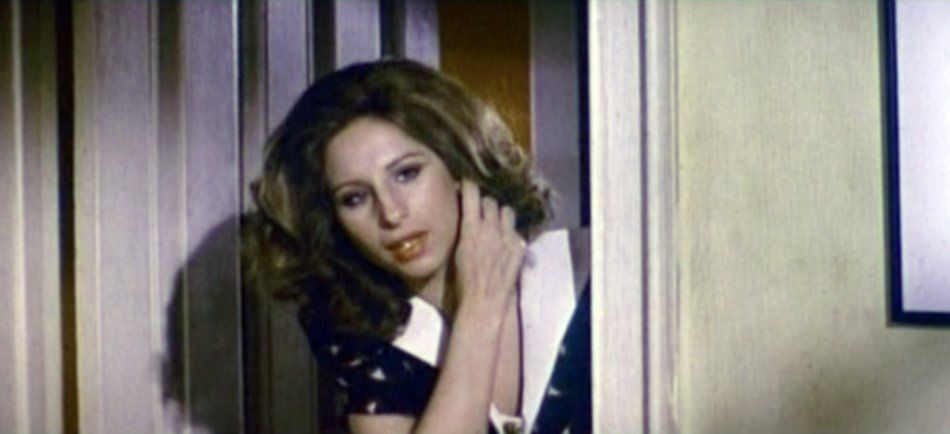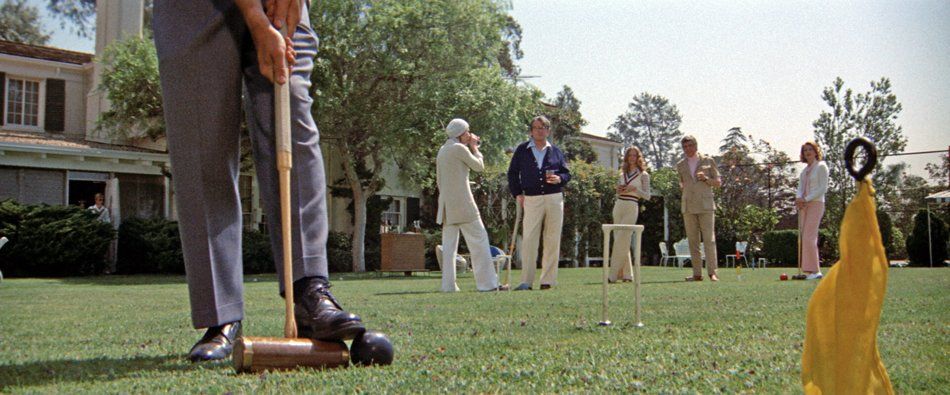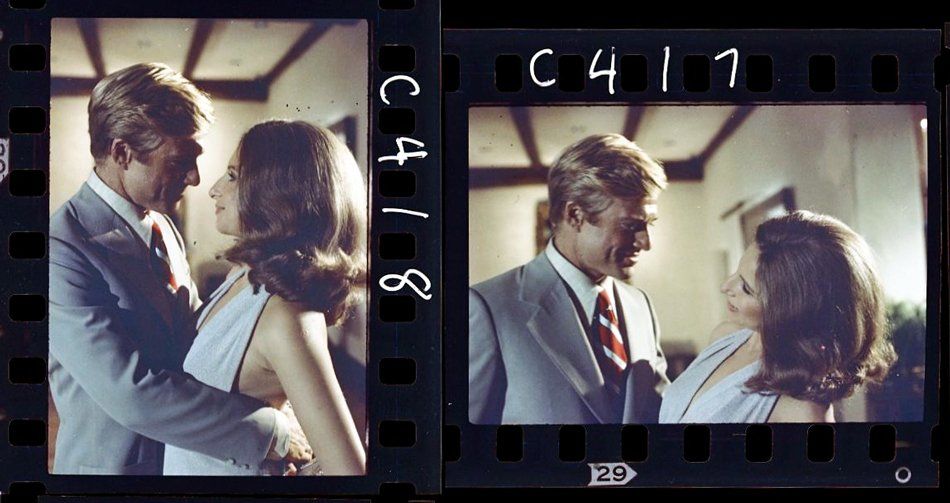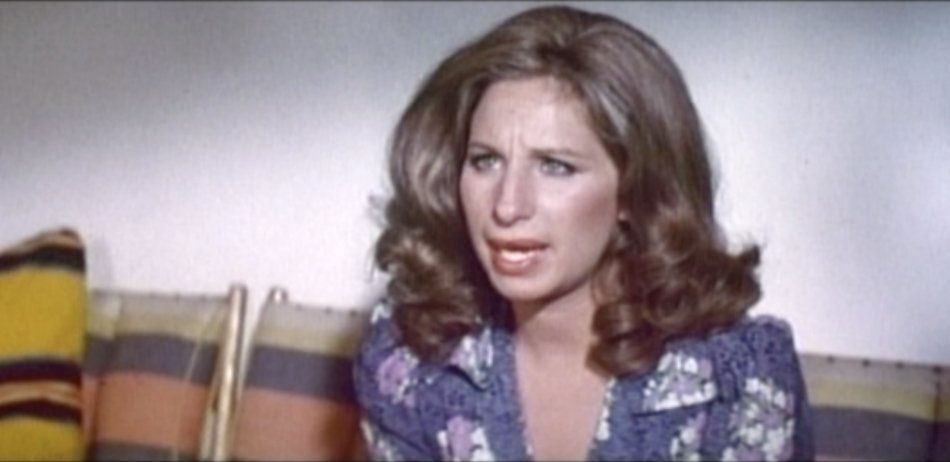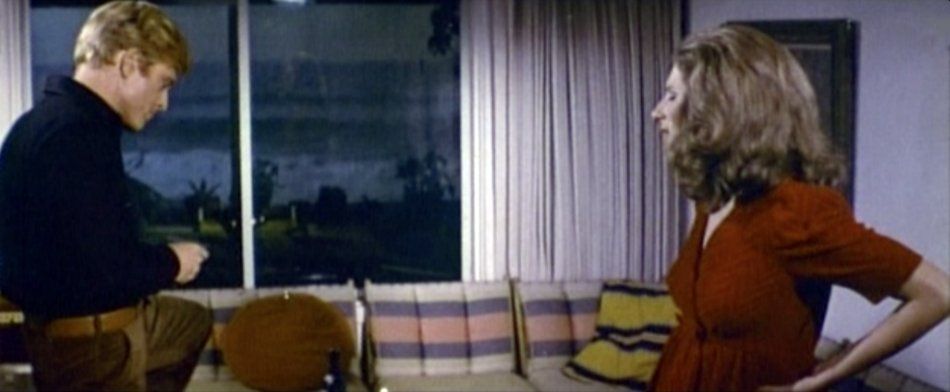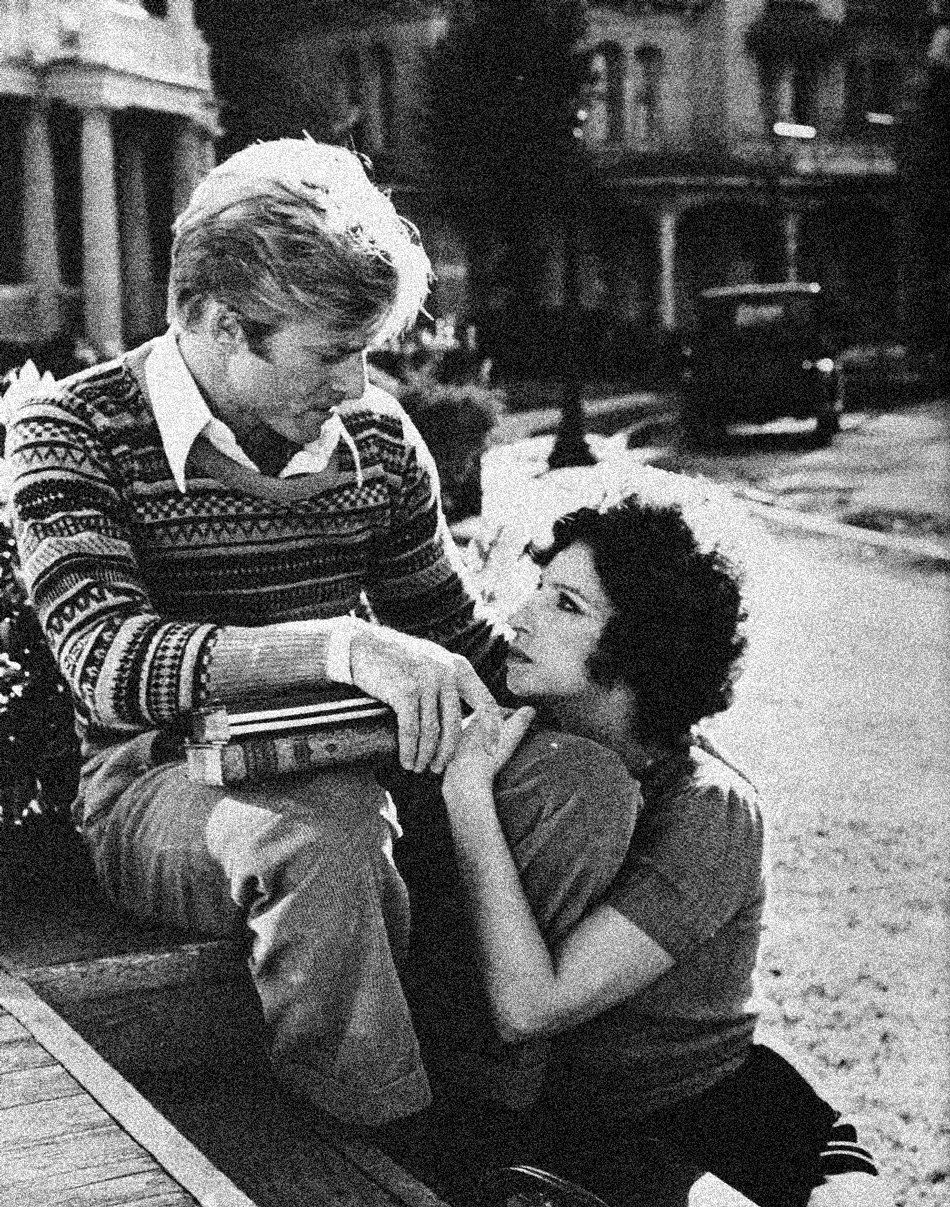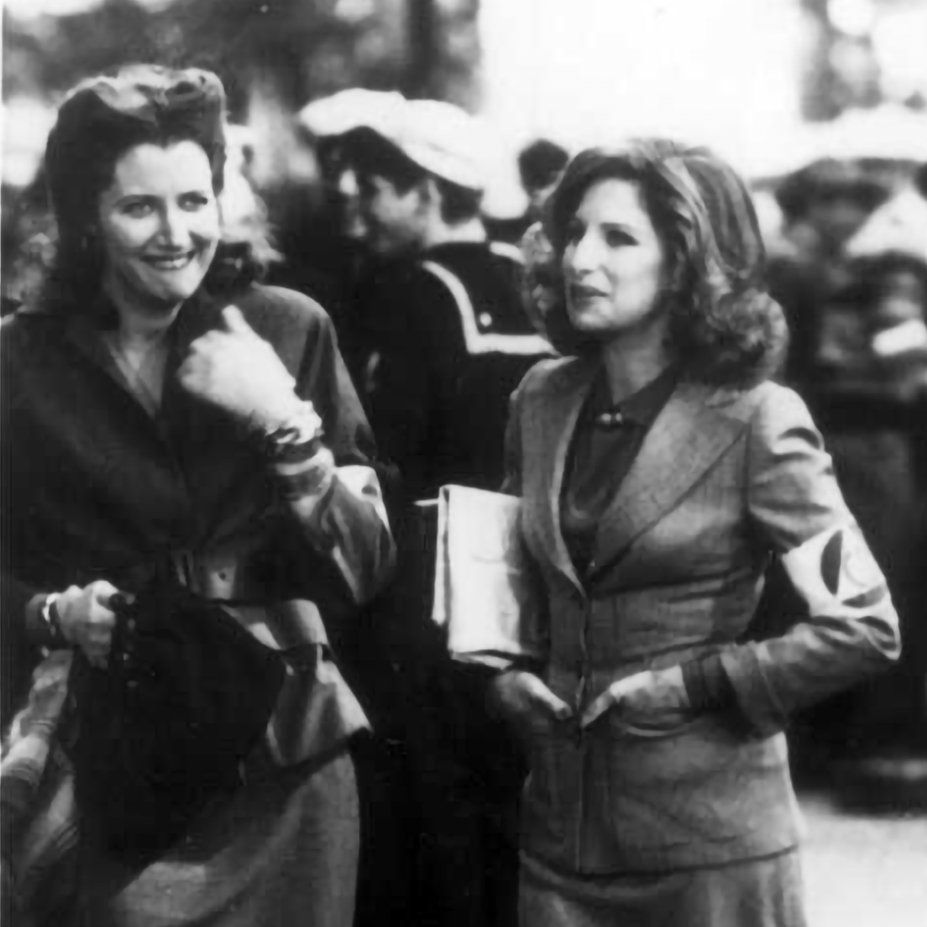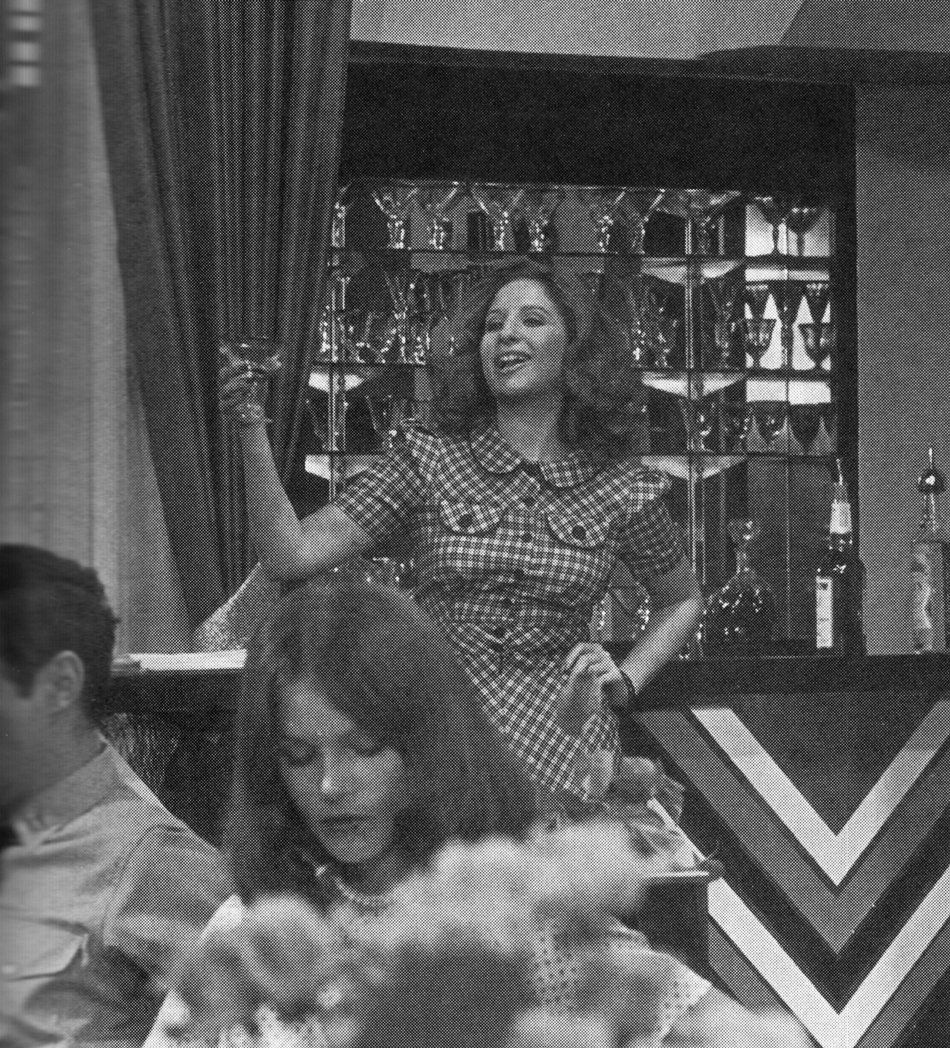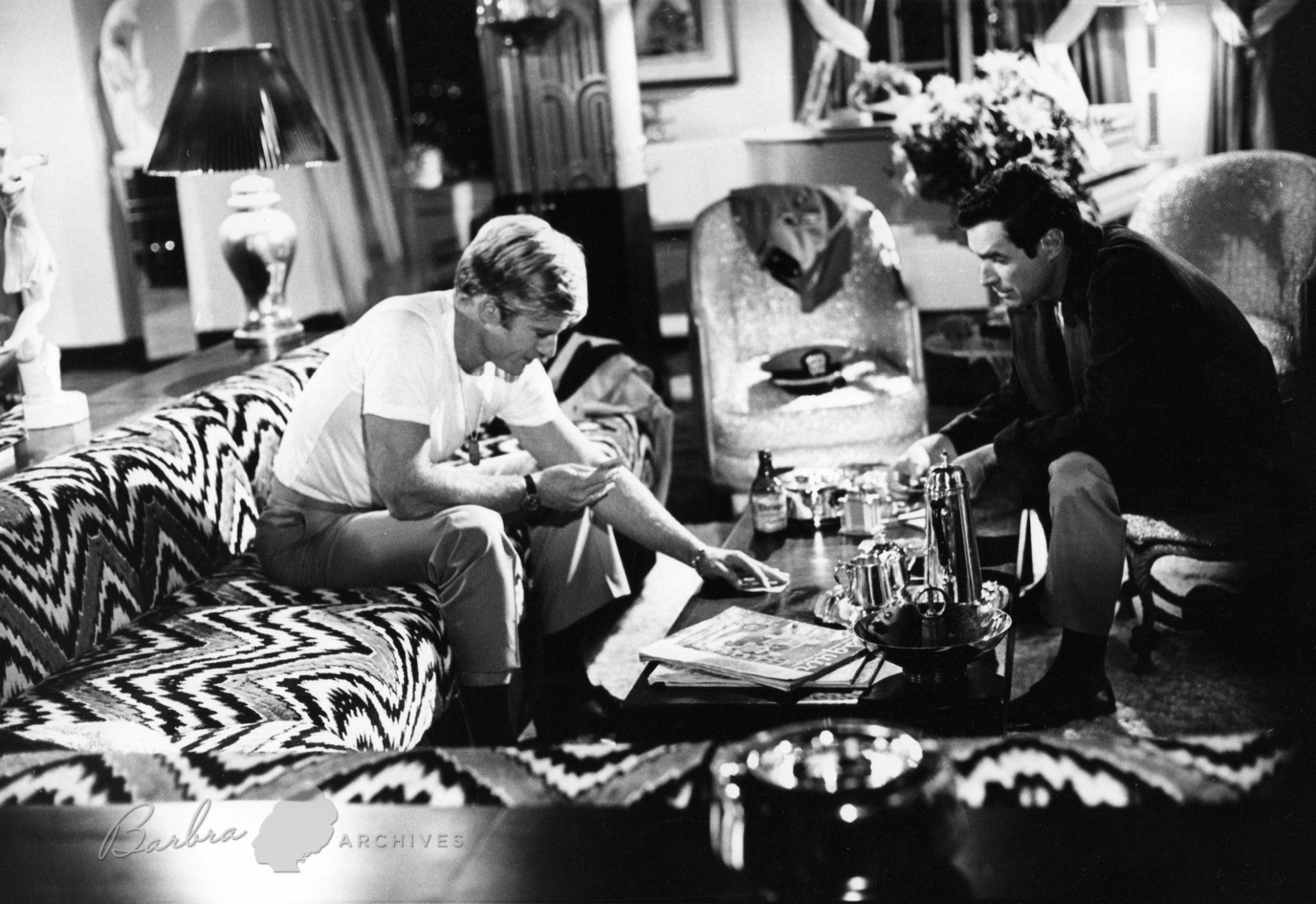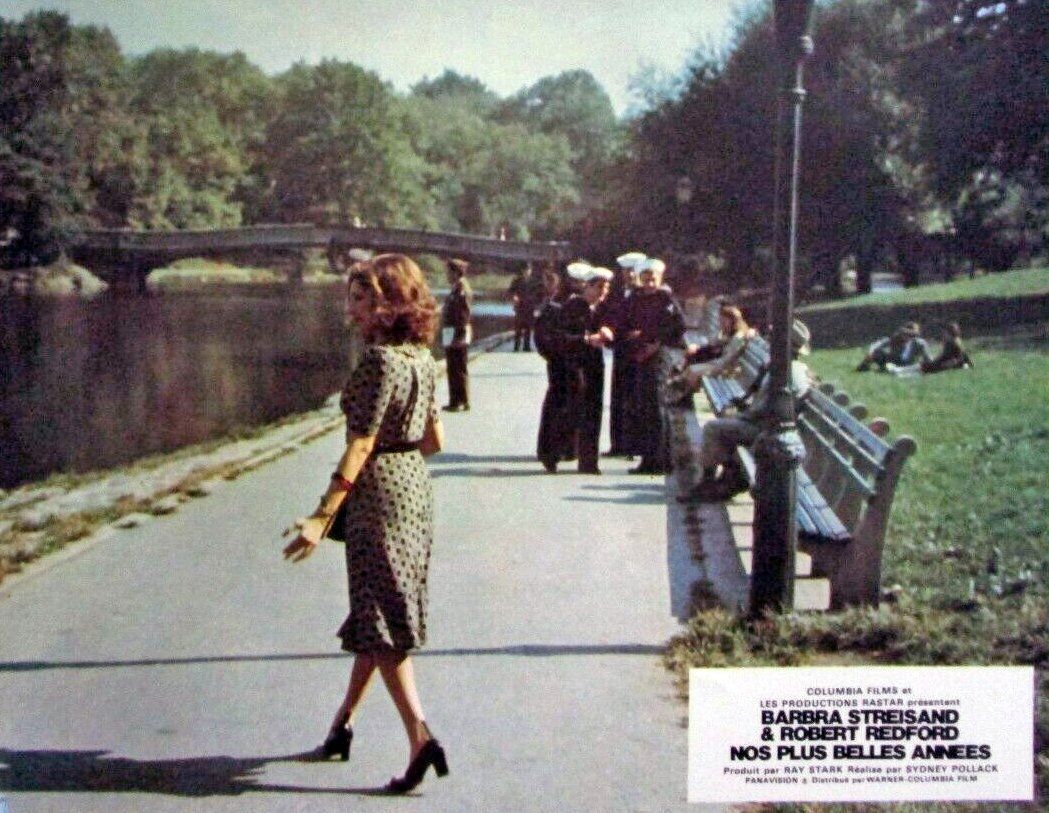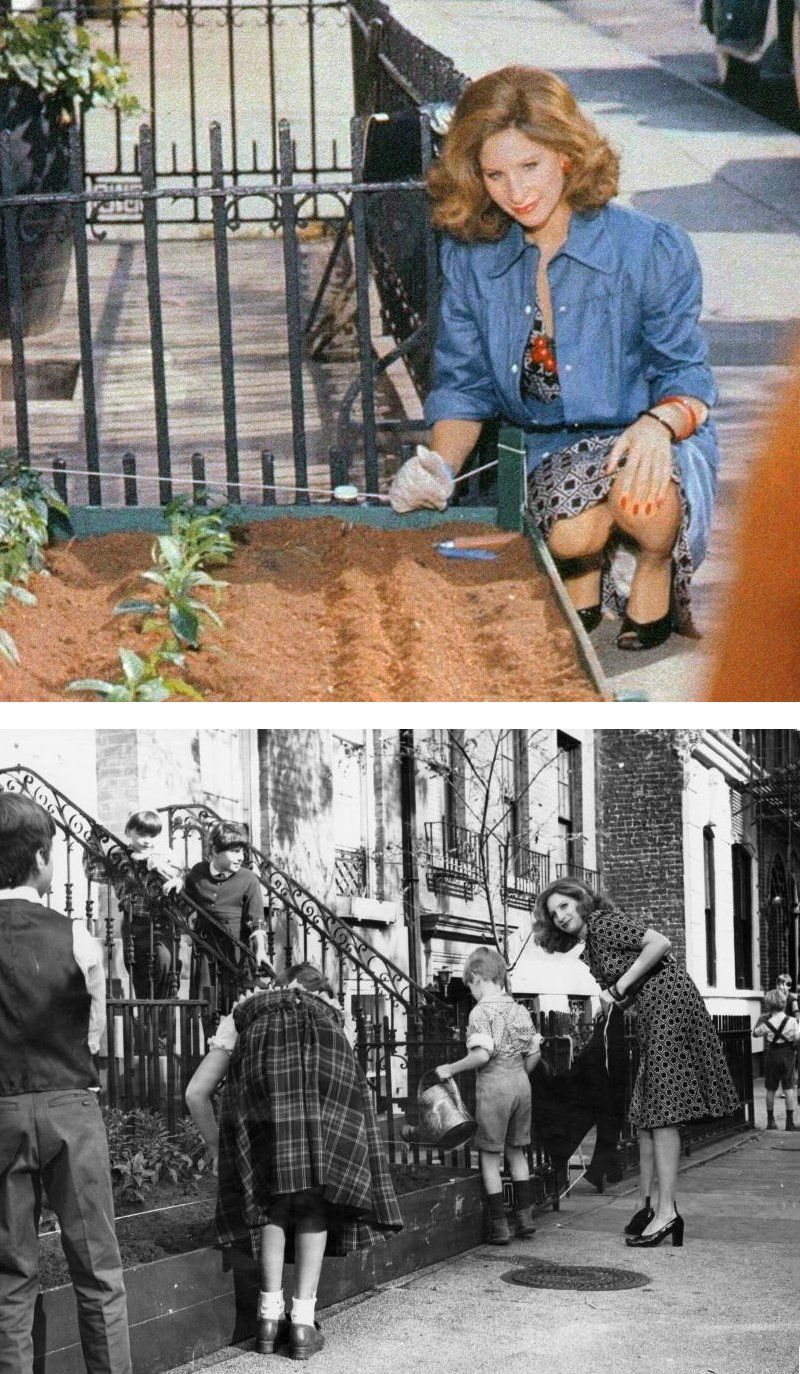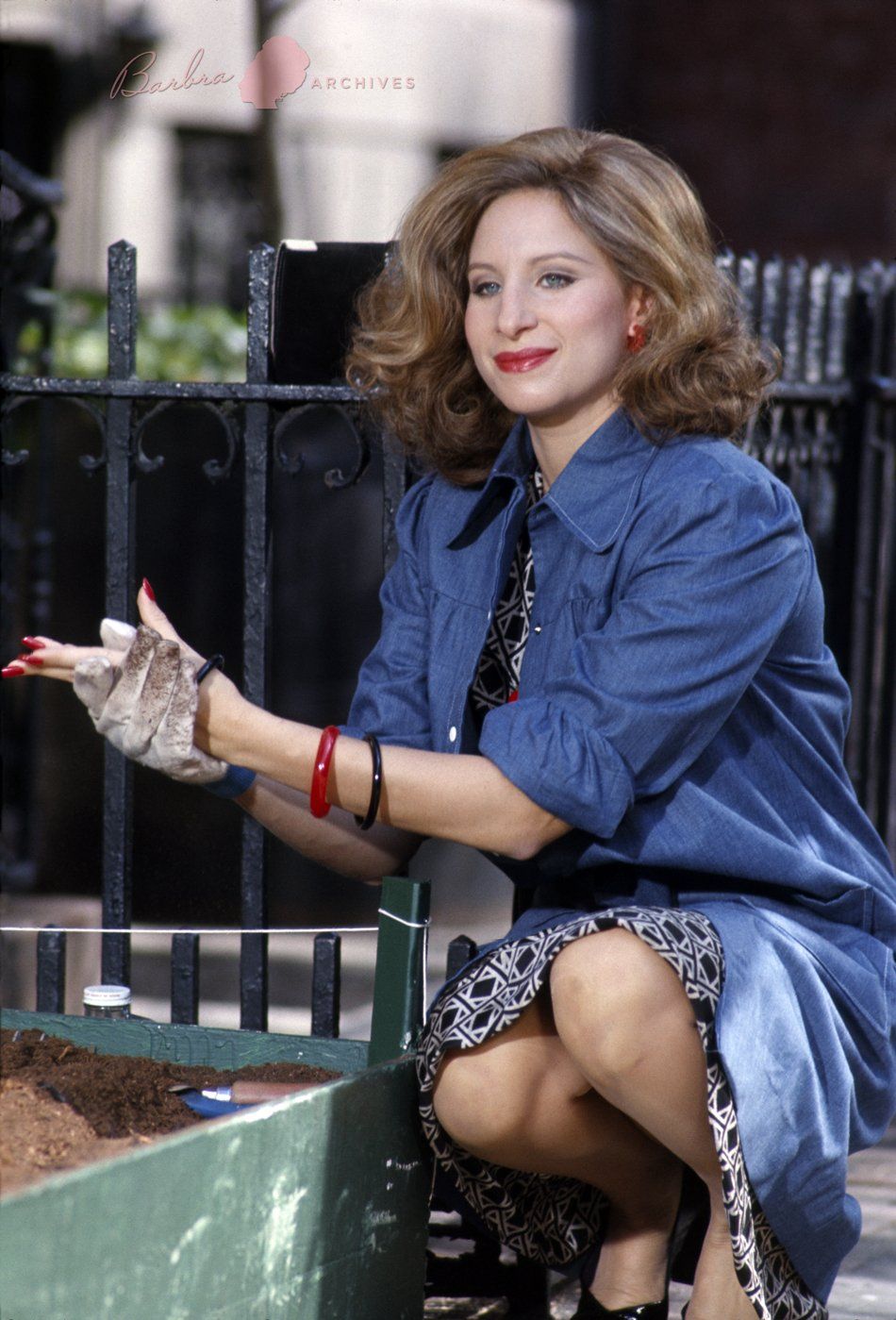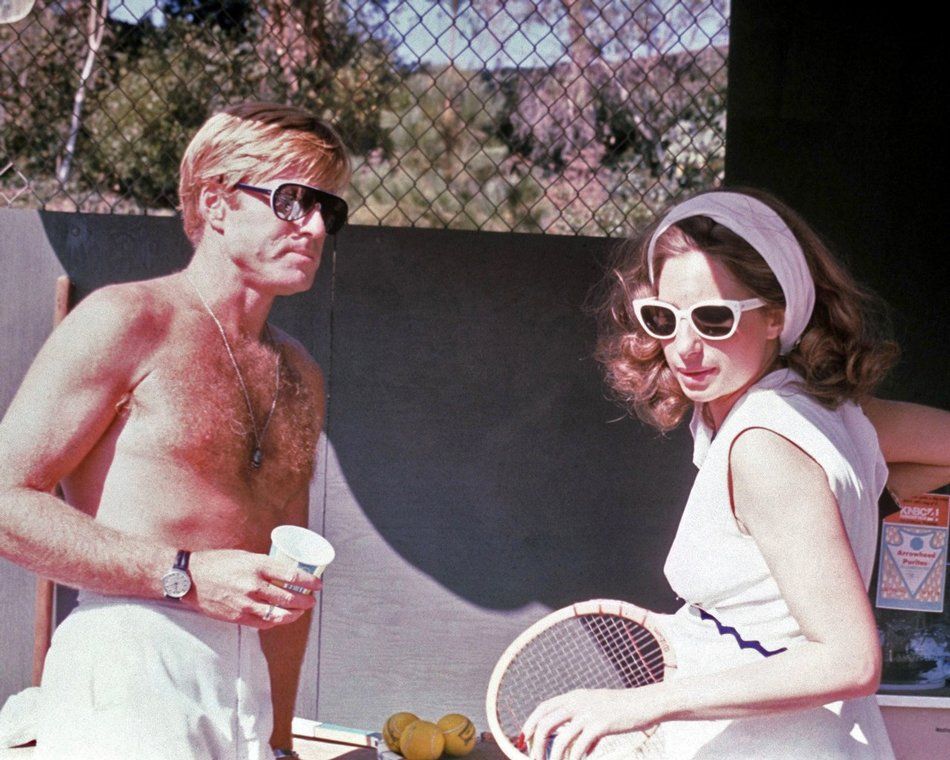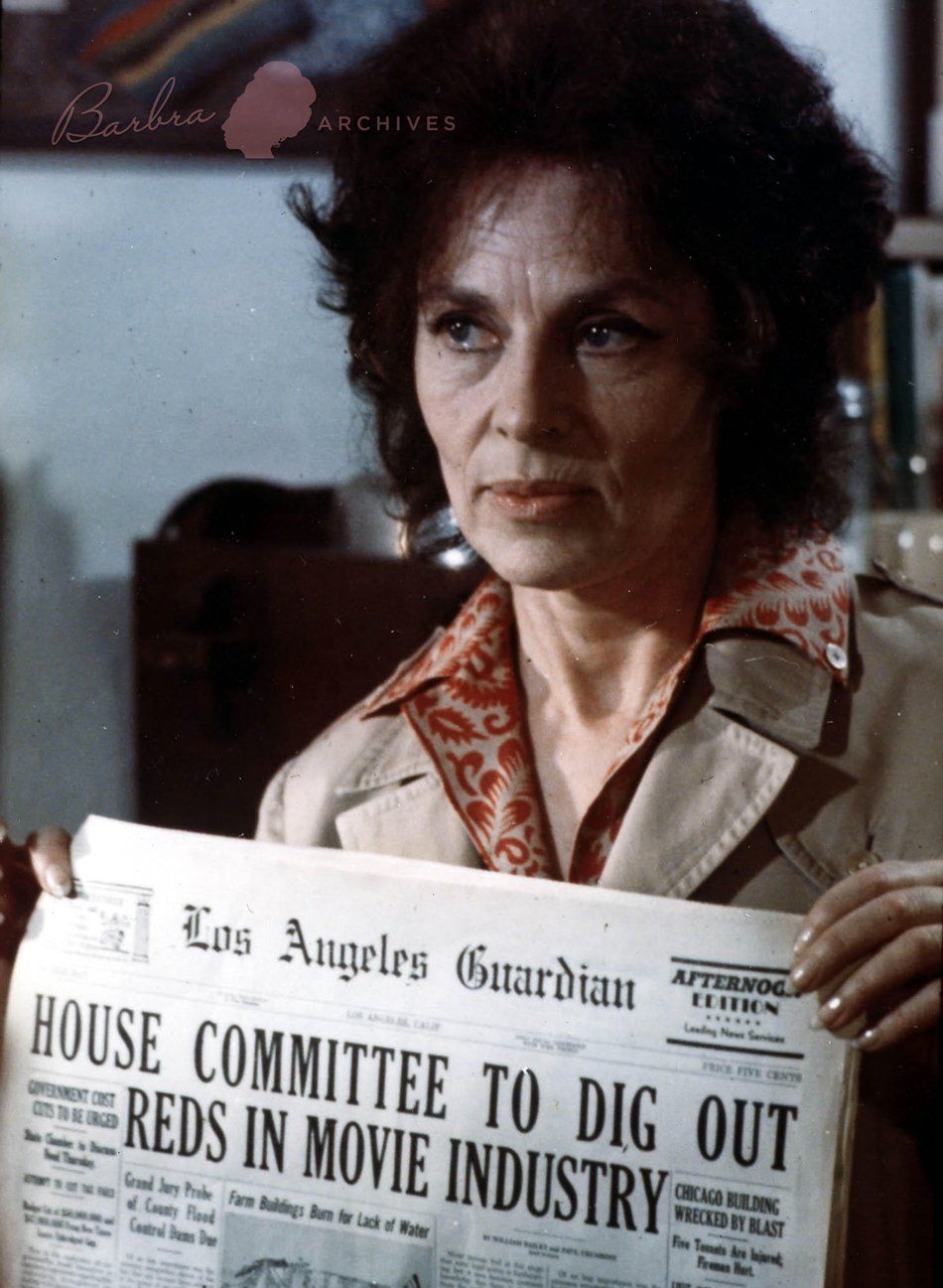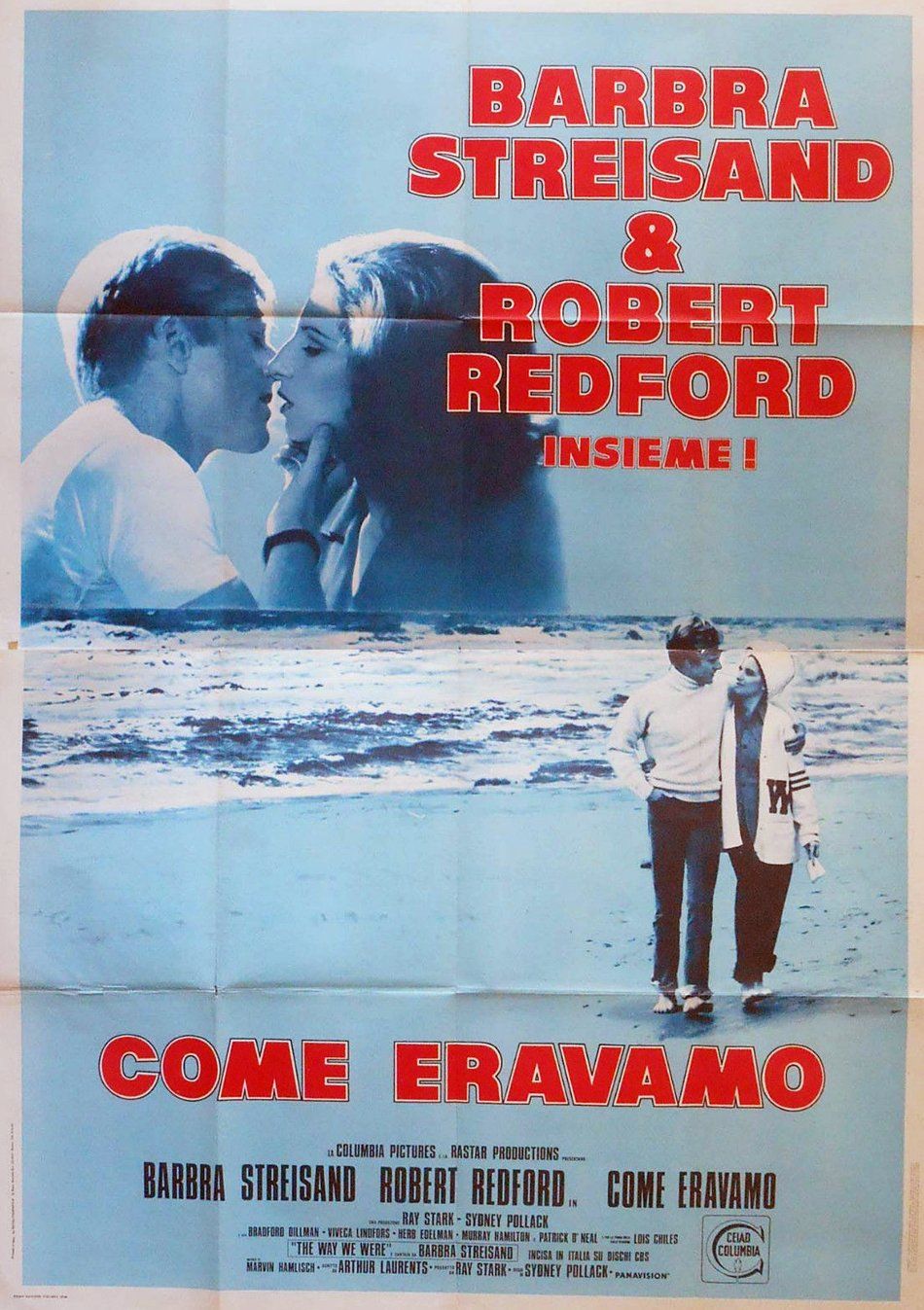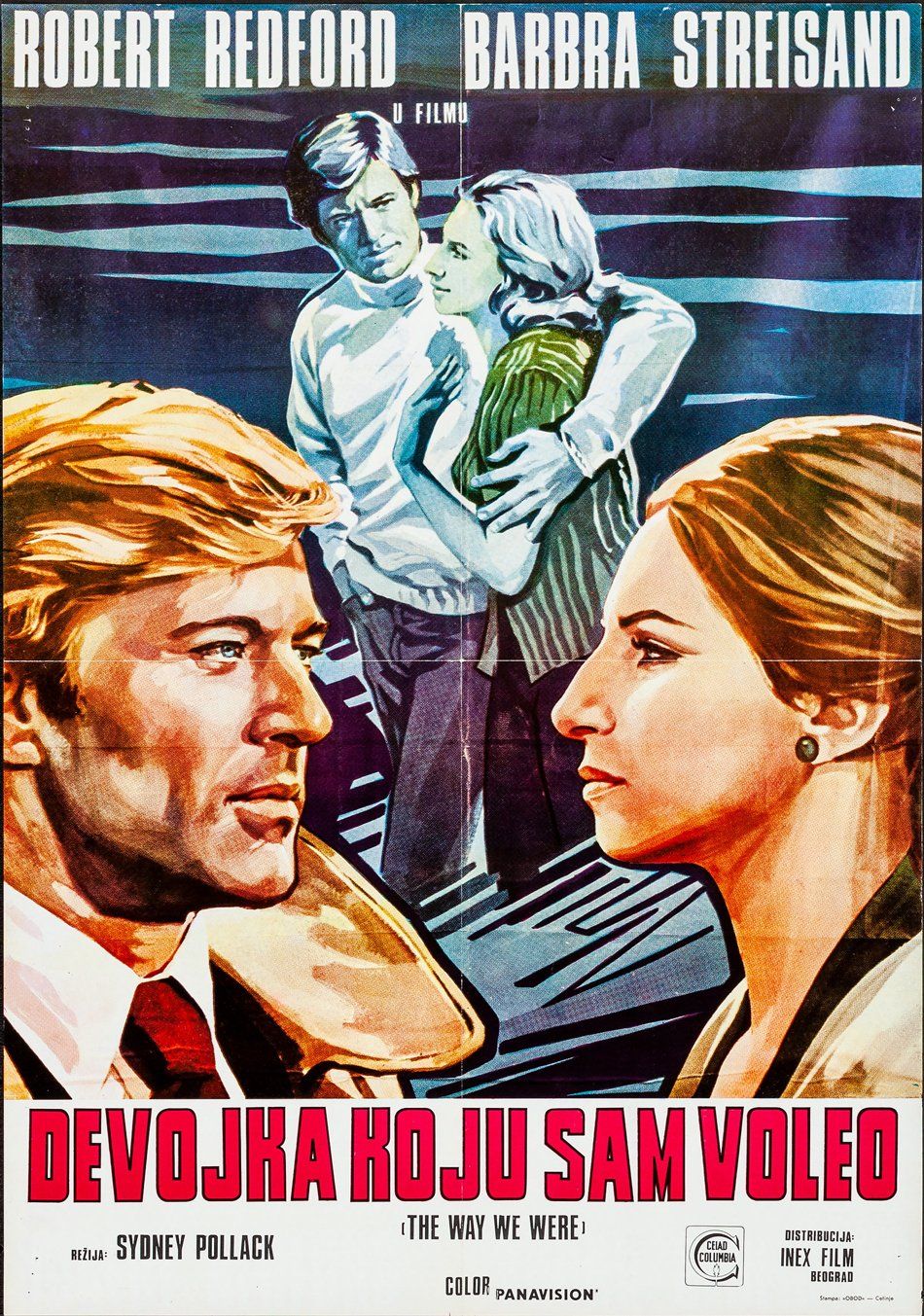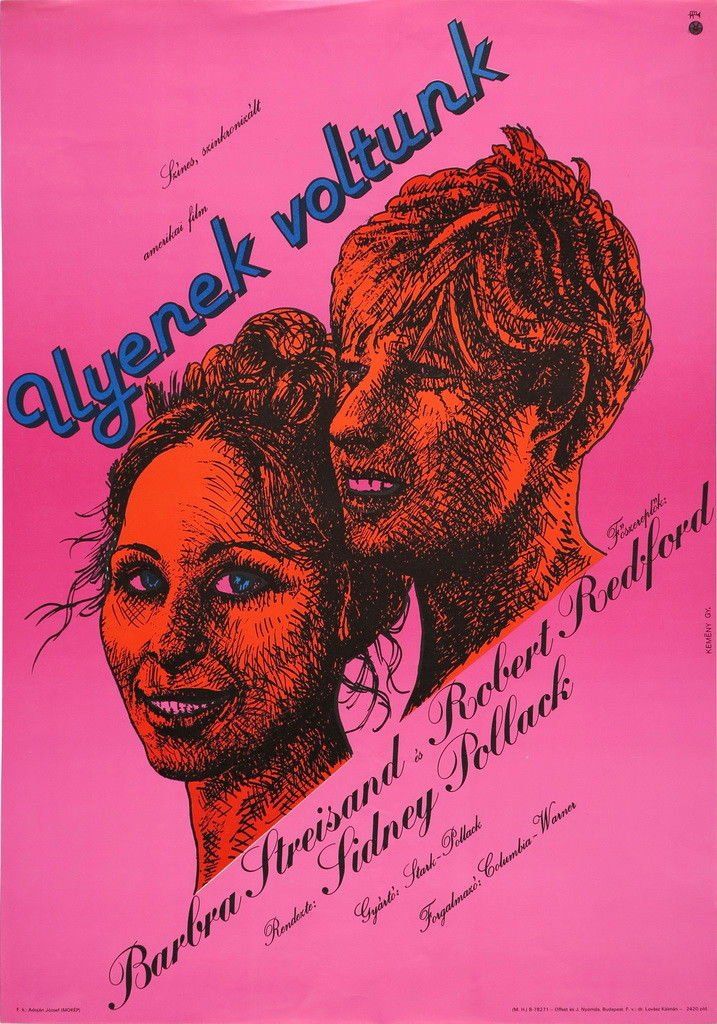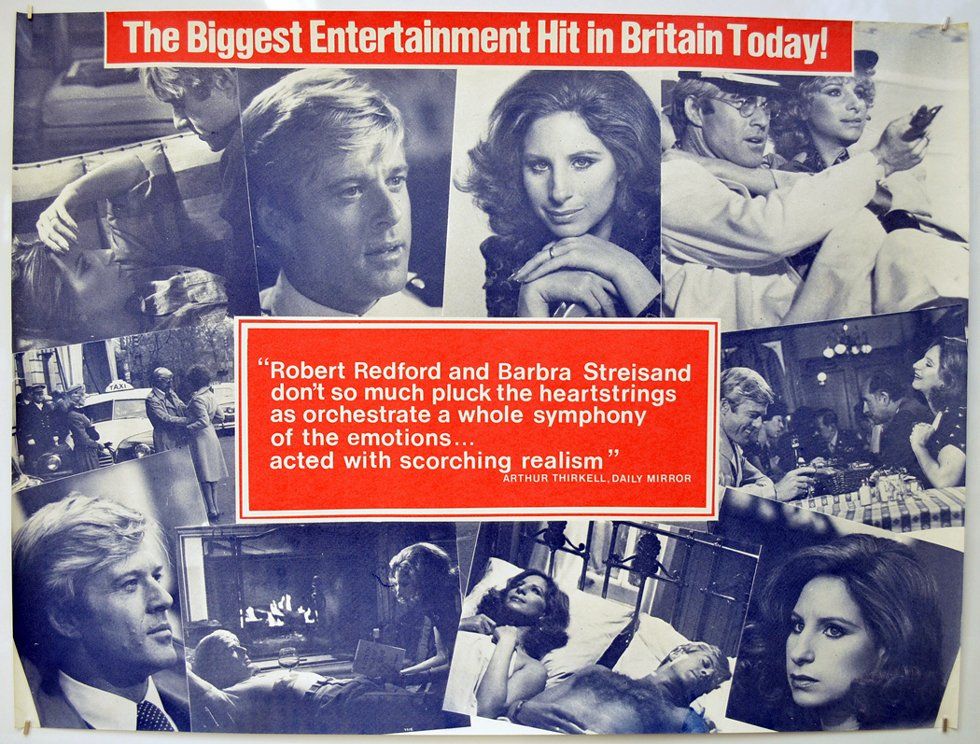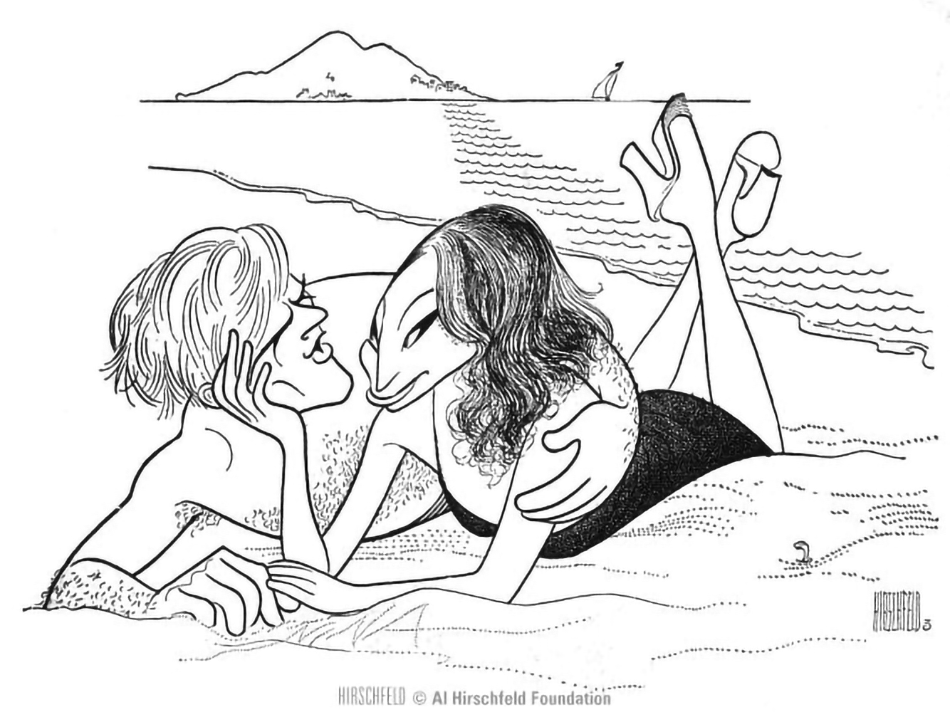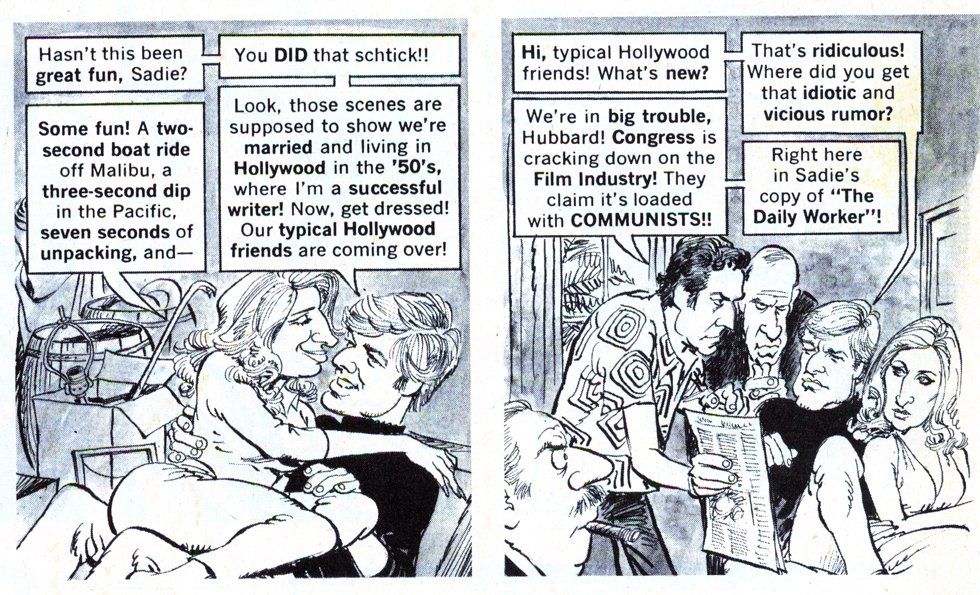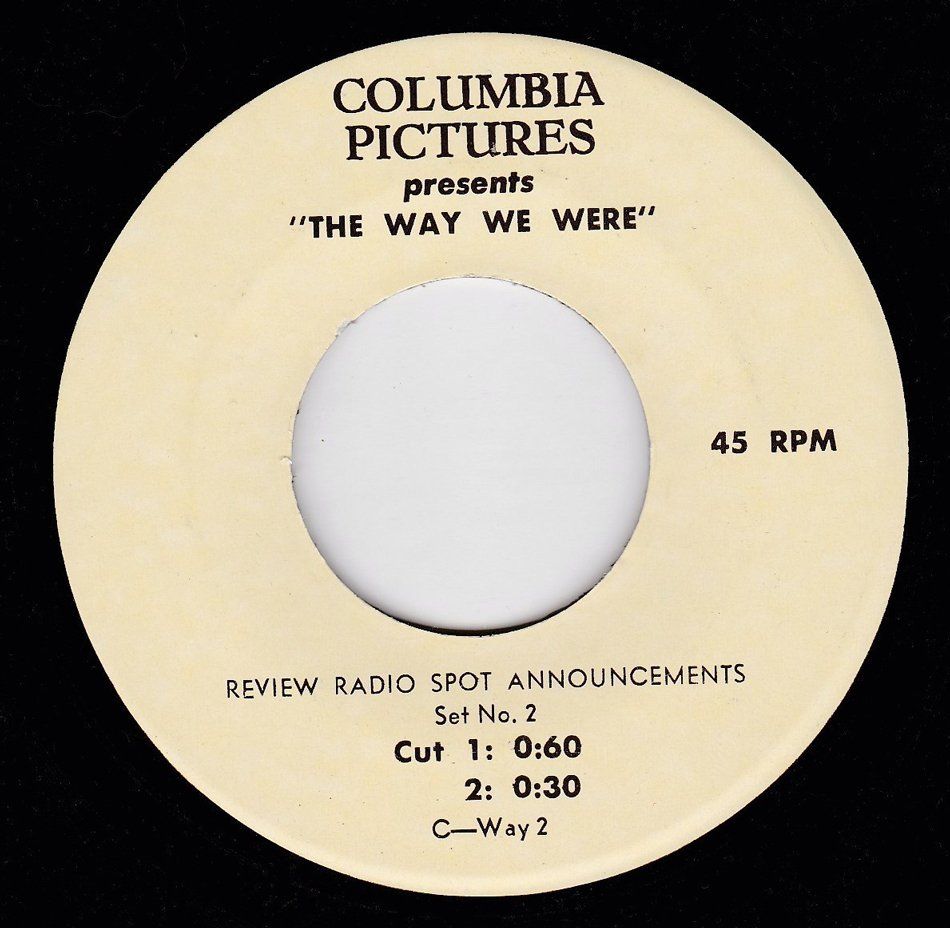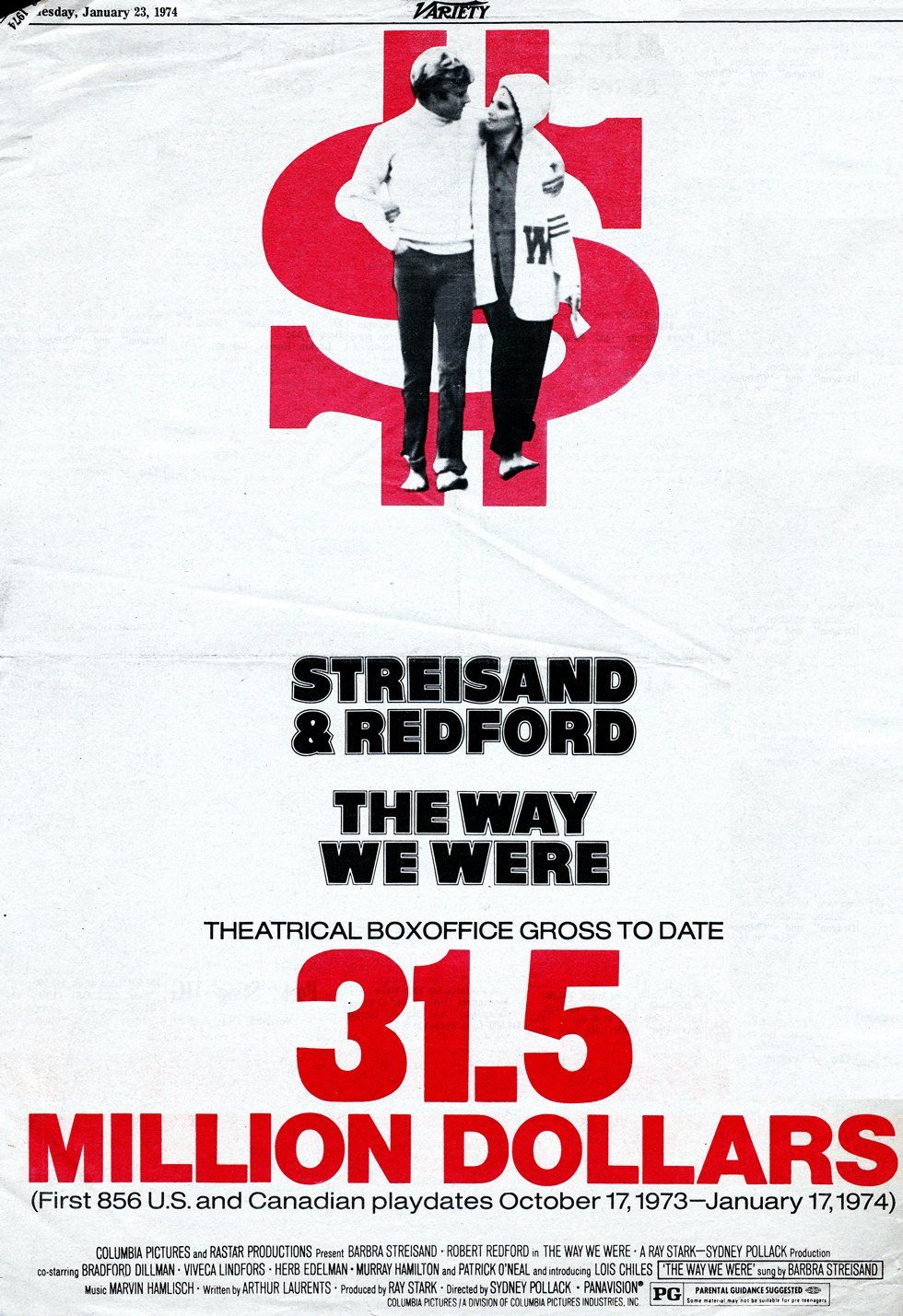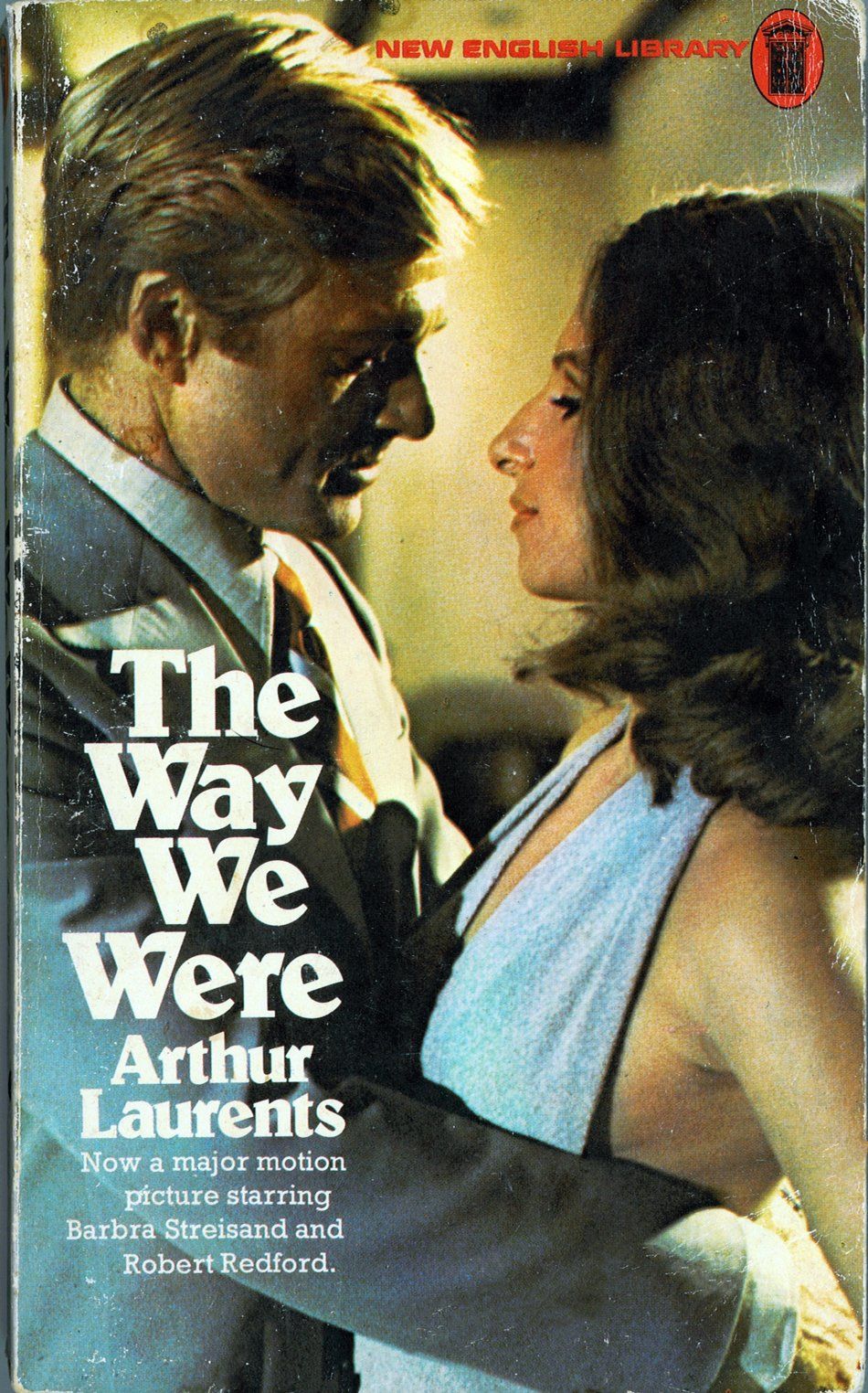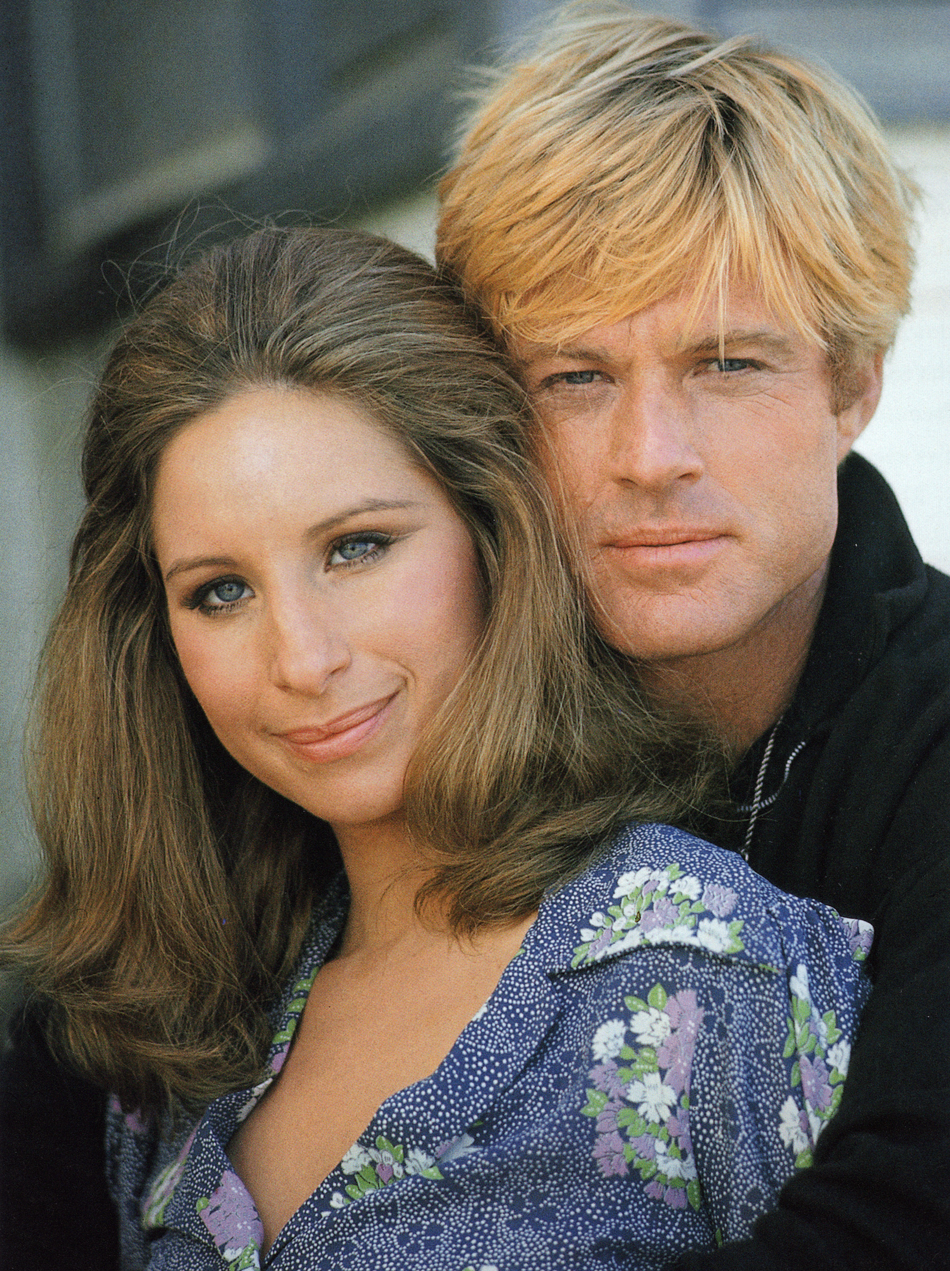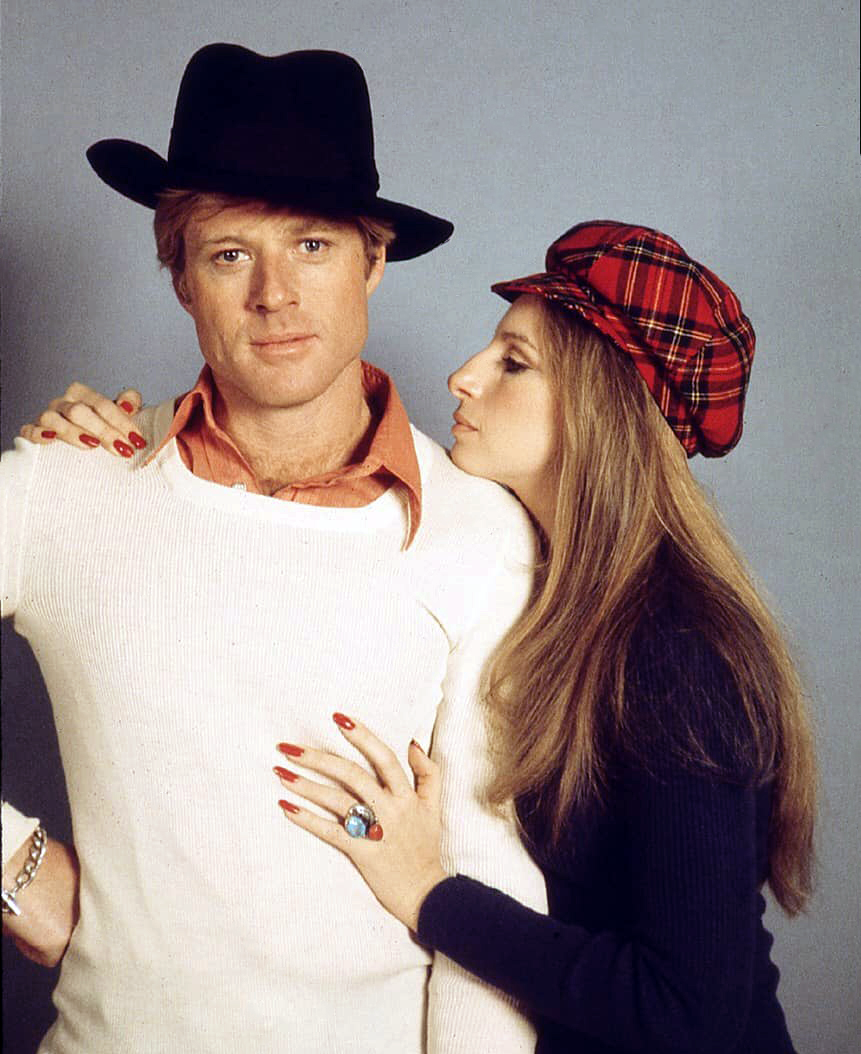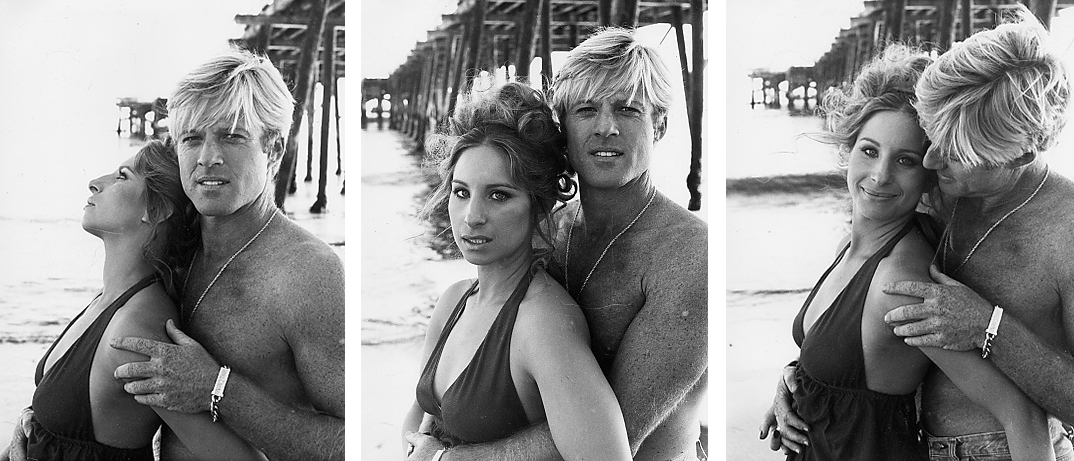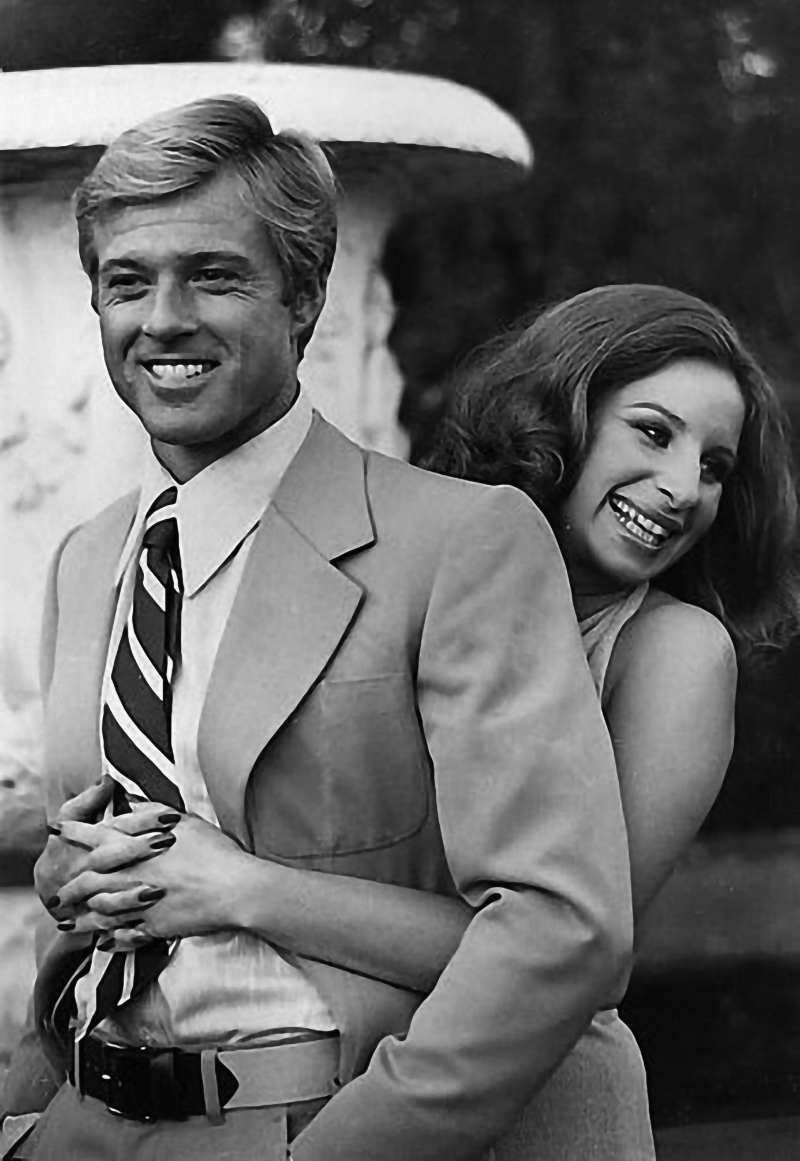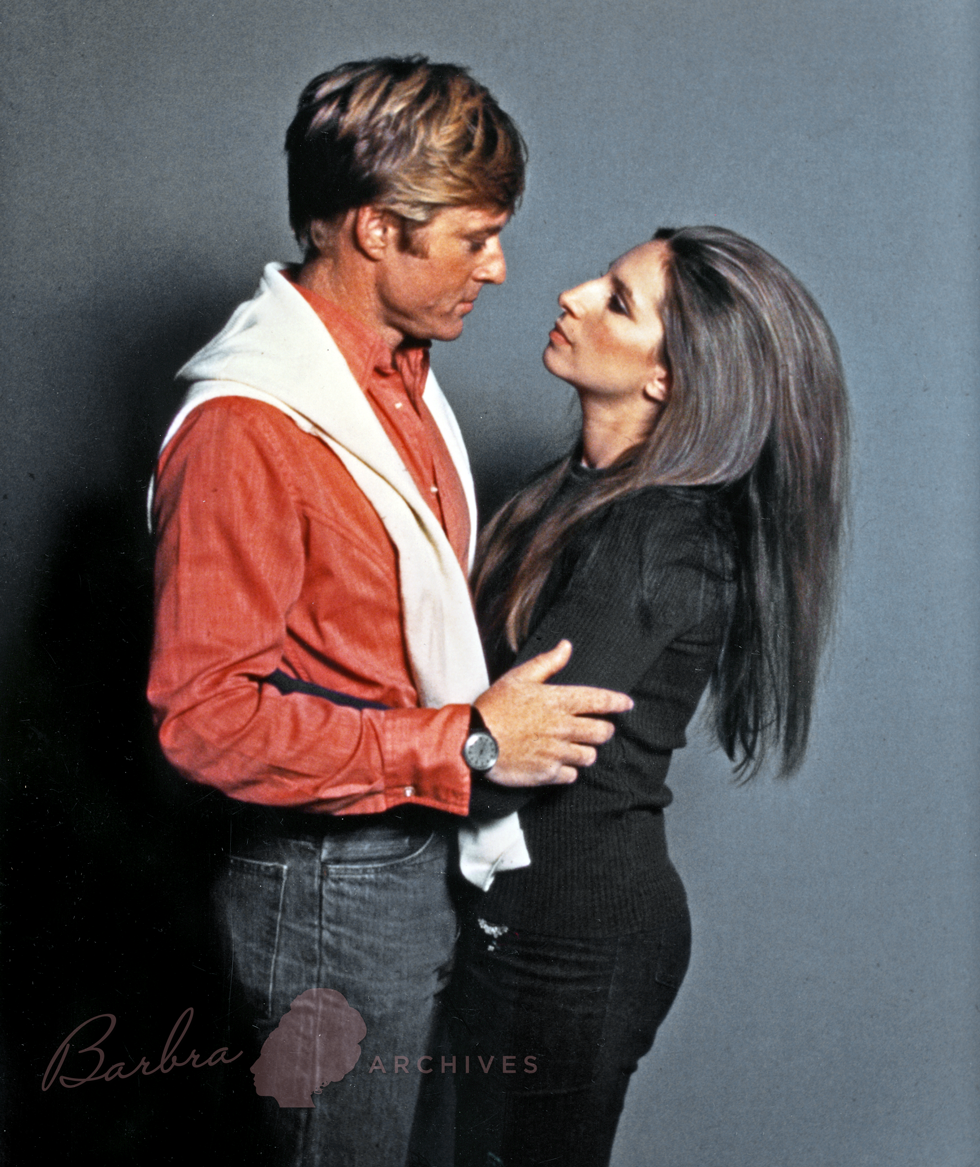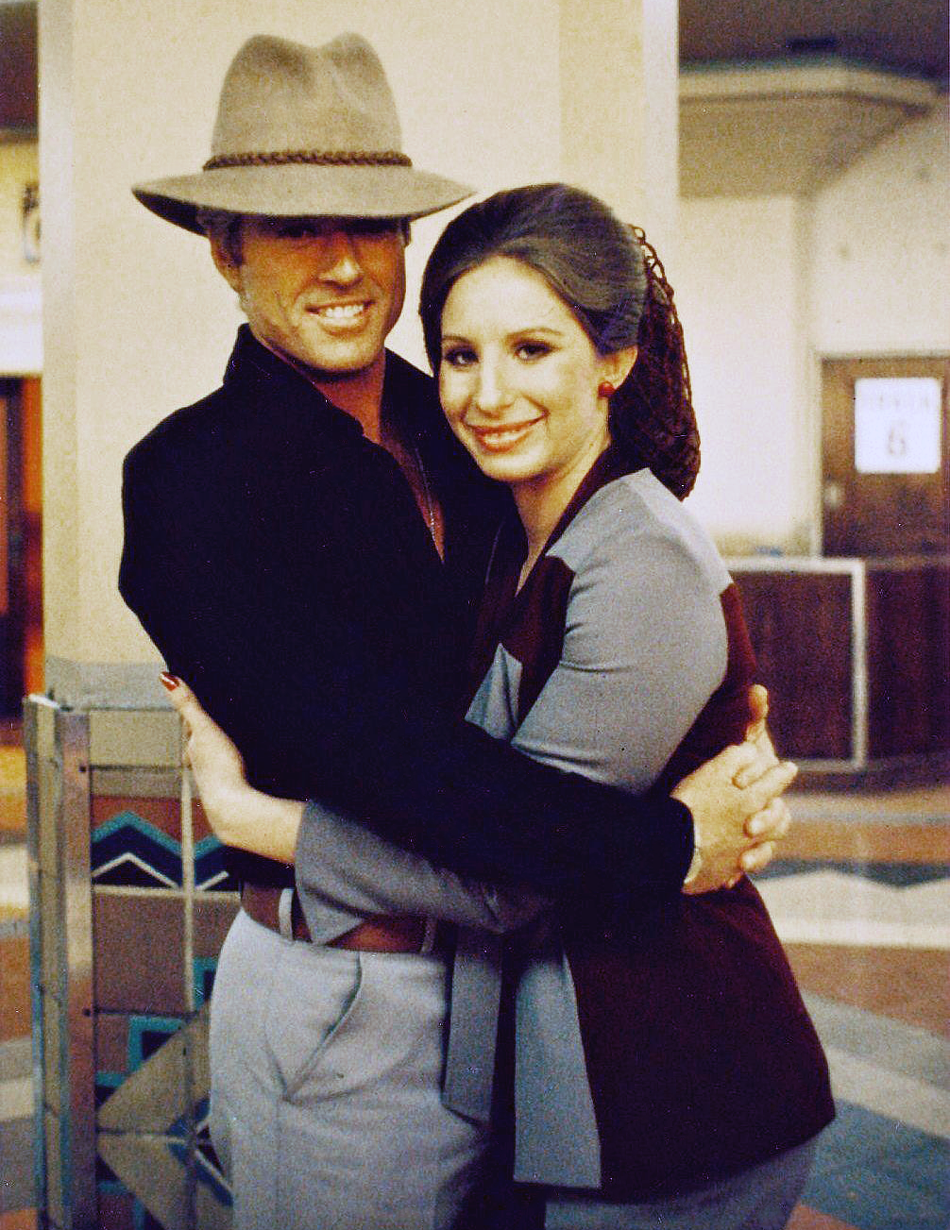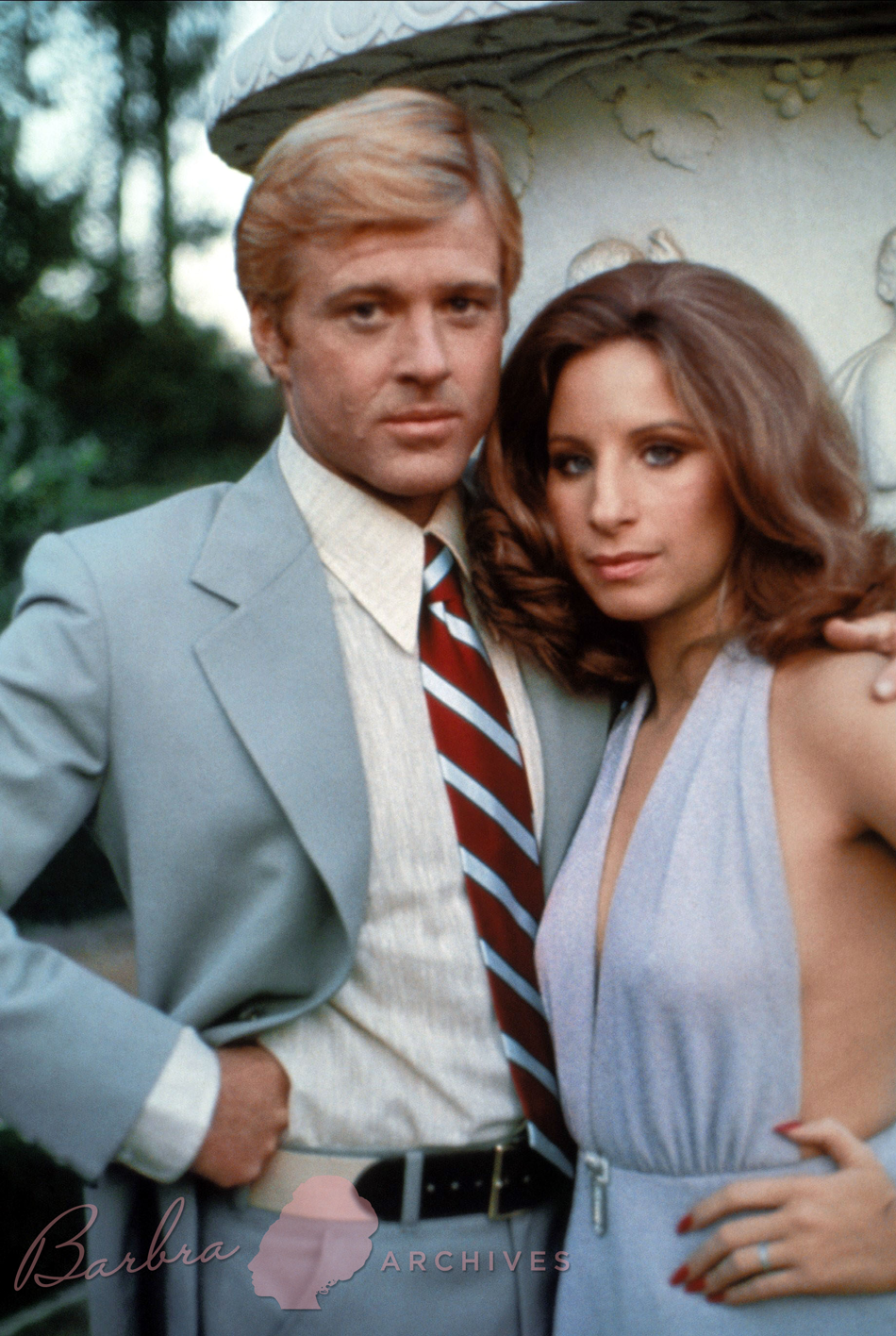Sydney Pollack told biographers Zec and Fowles that “we scheduled two previews, one on a Friday night and one on a Saturday night. At the first the film was going very, very well until we hit a spot in the third act where we just lost the audience completely … you know these two characters are finished. And it's at the end of the projection room [scene].” Pollack and the editors made several major cuts. “When we cut this piece out and previewed it the next night the audience absolutely loved the picture.”
But screenwriter Arthur Laurents disagreed and said, “the climax is missing ... the audience doesn't care.”
“There weren't many movies made about this period of time in the blacklist,” Streisand said, “and that's why it killed me to have those scenes taken out. I was really heartbroken.”
Below, the cut and trimmed scenes from The Way We Were are detailed in the order they appeared in the film (this is based on an August 14, 1972 screenplay draft). It should be noted that after filming is completed and the director and editor look at the shots, sometimes scenes are cut out because they are redundant, or because they don’t advance the story – or, in some cases, they confuse the story. So, the scenes described on this page may have been trimmed simply for pace; or, as Laurents and Streisand have mentioned, they were lost at the expense of clarity, story and character motivation.
[NOTE: The script descriptions are labeled INT. and EXT., which stands for “Interior” and ”Exterior.”]

